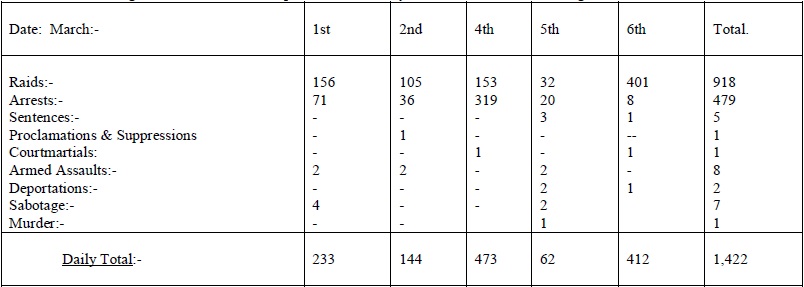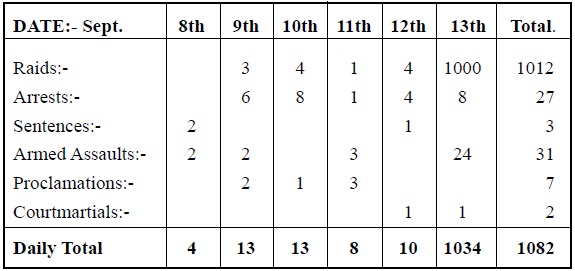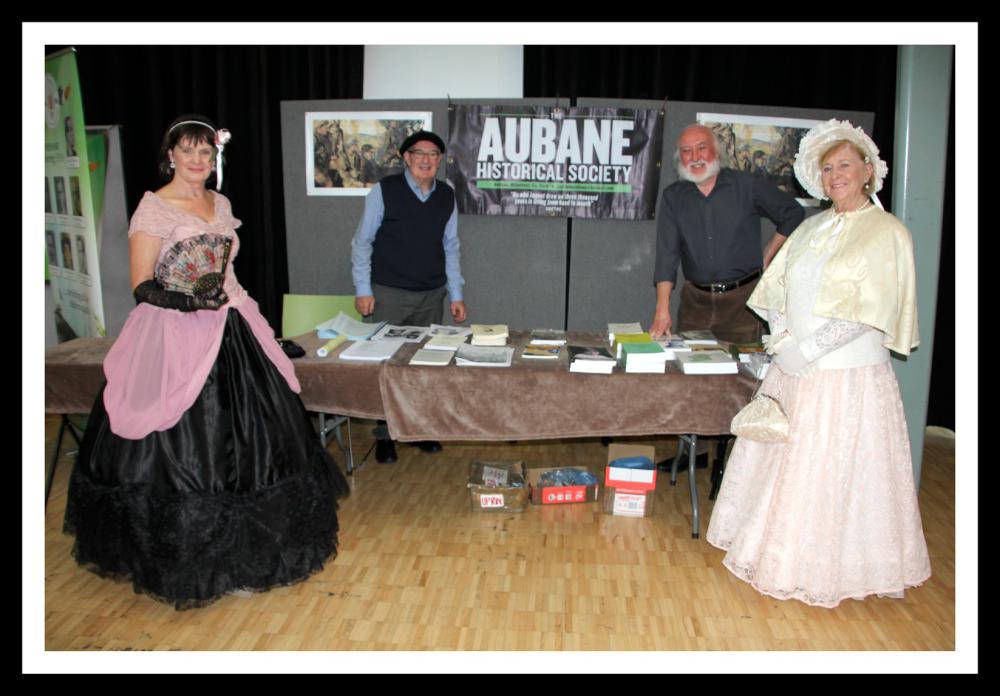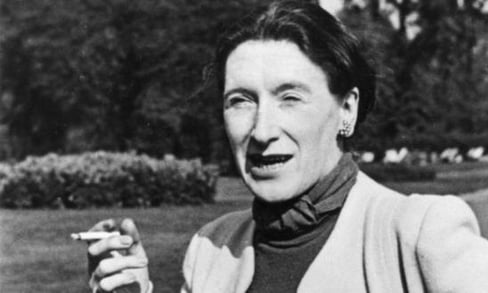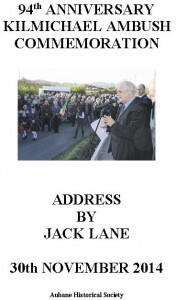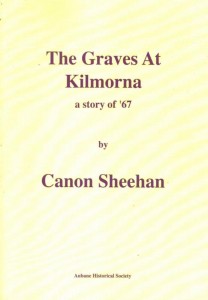Continuing our series on the events of 1920 with the help of the daily newspaper of the First Dail, the Irish Bulletin.
LEST WE FORGET (17)
The following are Acts of Aggression committed in Ireland by the armed Military and Police of the English Government, as reported in the Daily Press for the Week Ending March 6th, 1920
A new element has entered into the armed suppression of the Republican Movement in Ireland. Troops and police are now encouraged to wreck the property of well-known Republicans. In the foregoing week seven such incidents have occurred, these are usually accompanied by looting on the part of the troops. These occurrences appear under the heading “Sabotage”. In the above six days the sentences passed for political offences totalled one year and ten months.
MONDAY, MARCH 1st, 1920.
Raids:- Military and police in large numbers raided and searched upwards of 100 houses in the Rushbrook district of Co. Cork. At Dublin, in the early hours of the morning, military and police accompanied by armoured cars raided the residences of many prominent Republicans. Some twenty houses were searched including those of Mr. Robert O’Brennan, of the Rathmines Urban Council. Dr. Kathleen Lynn, – Member of the Rathmines Urban Council. In the raid on Mr. O’Brennan’s house the troops ordered Mrs. O’Brennan out of bed and when she subsequently asked them not to raid the rooms in which her three young children were sleeping the officer in charge replied “we can’t help that” and ordered the room be searched. In a raid upon the residence of Mrs. Hazlewood, that lady fainted and when an effort was made by a Mr. O’Brien who lodged in the same house to go to her assistance he was held up by the troops who ordered him at the point of the revolver to stand back. (See Military Sabotage). Military and police raided ten houses in the Kildorrery district of Co. Cork. In the Ballingar district of Co. Galway twenty five houses were raided and searched by armed police. Military and police raided the Labour Hall at Inchicore, Co. Dublin. [read more …] “Lest We Forget (17) – March 1st-13th, 1920”

